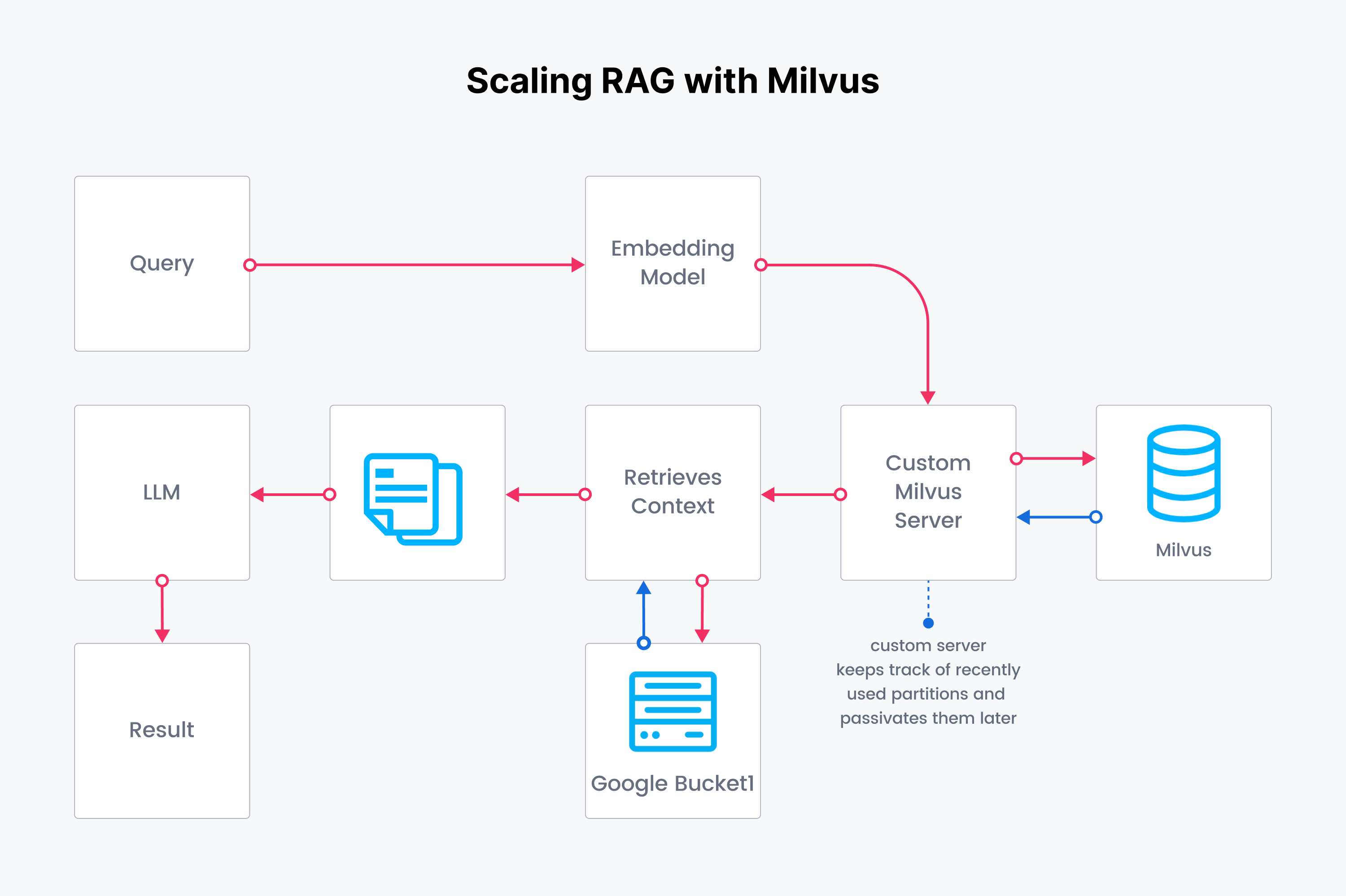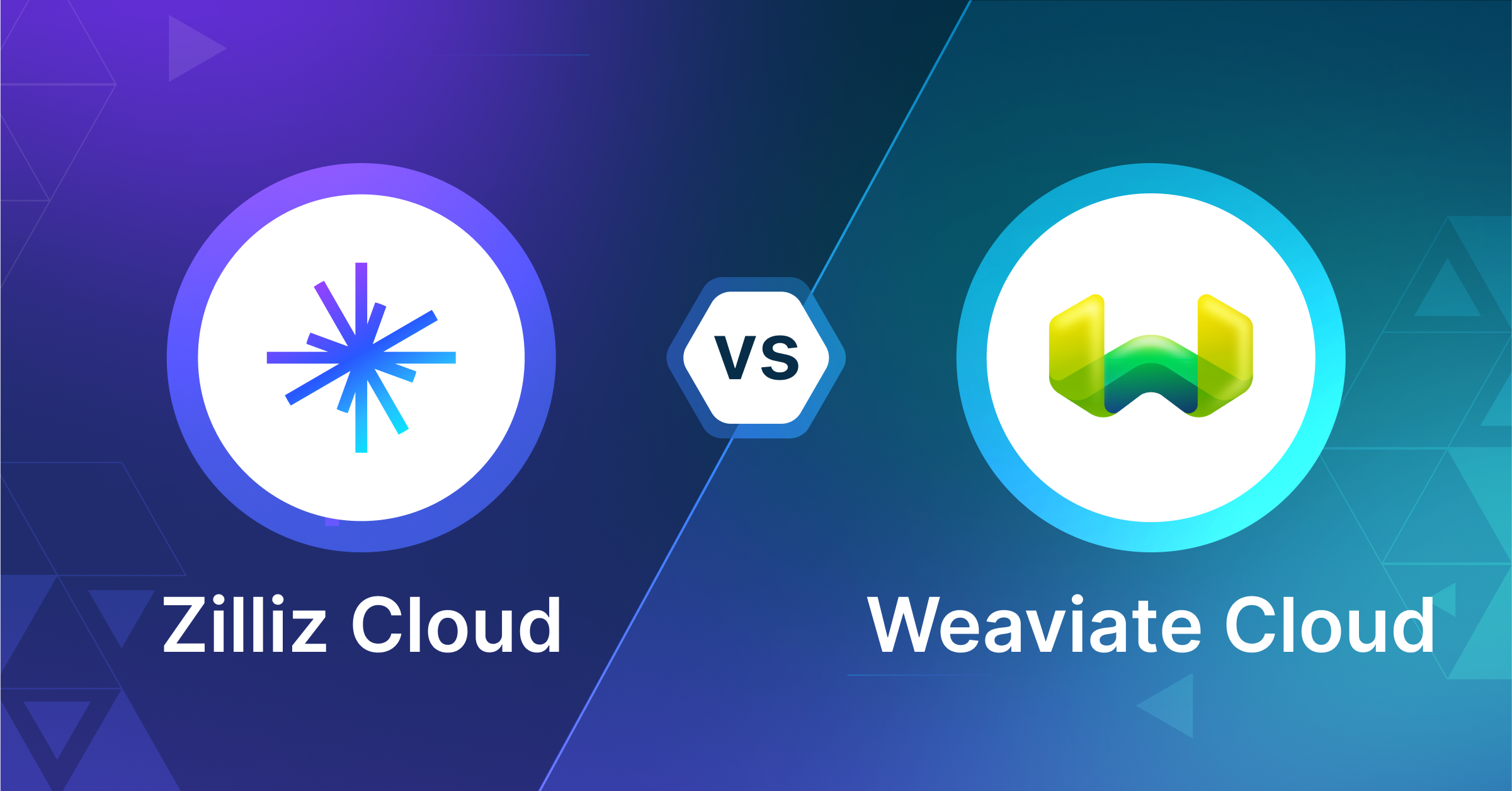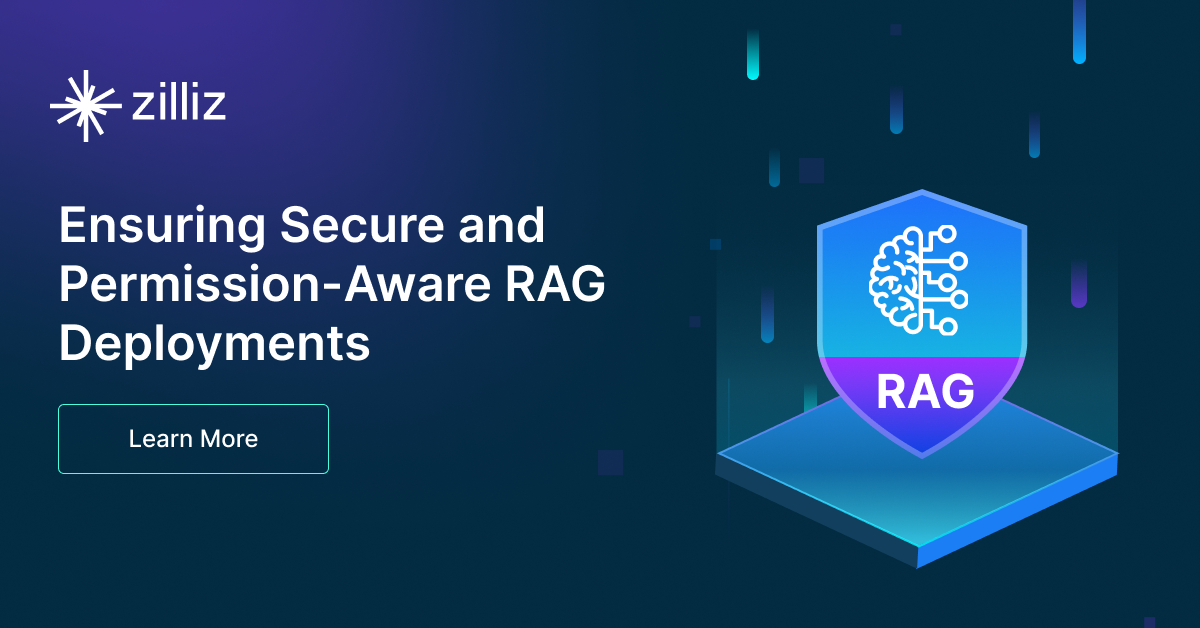How Troop Uses Milvus Vector Database to Unlock the Collective Power of Retail Investors

Troop is a tech company that's revolutionizing shareholder activism and engagement. Troop leverages machine learning and AI technologies to enable investors to participate in the corporate governance of publicly traded companies. The company's primary goal is to empower shareholders to engage in activism and make informed investment decisions. Using the Milvus vector database, Troop built a solution that empowers individuals for collective financial activism in major corporations. Here’s the technical challenge they set out to solve and how Milvus supports their solution.
Integrating technology with shareholder activism
Troop’s platform bridges the gap between shareholders and corporate executives. It was built based on a need they recognized in the investment landscape.
$37T is managed by top 10 money managers.
100M+ investors have their money managed in ETFs, funds, etc.
Over 3000 publicly traded companies are owned by these funds and need shareholder participation.
Troop aimed to use Retrieval Augmented Generation (RAG) to identify relevant activism opportunities from a vast SEC database since this LLM currently does not have the latest knowledge from this database. Troop’s V1 solution was built on LangChain for PDF parsing, Question/Answer, and FAISS for vector search. Yet this setup posed limitations and failed to offer the scalability and production readiness required for personalized voting recommendations.
Using Milvus to build a scalable GenAI infrastructure
In their search for a production-ready vector database, Troop discovered Milvus and found that it efficiently managed billions of vector data for improved semantic search capabilities. Milvus' inherent scalability ensured that as the demand for data retrieval surged, the system could quickly scale out to meet these demands without a hitch. With Milvus, ingesting and embedding big data was no longer a problem. Integrating Milvus laid down a scalable GenAI infrastructure and facilitated a successful recommendation engine, connecting shareholders with relevant activism campaigns.
Separation of storage and compute for improved efficiency and reduced computational overhead
One of Milvus's standout features was its ability to separate storage from compute, allowing for efficiently handling massive datasets. By enabling vector embedding of the entire corpus before usage and loading only necessary records into memory, Milvus significantly reduced computational overhead, ensuring system responsiveness even with growing data volumes.
Rapidly scaling nodes to cope with ever-increasing queries
A critical challenge Troop faced was scaling nodes to handle increased queries. Milvus's inherent scalability addressed this concern, enabling seamless scaling to meet rising demands for data retrieval. This scalability was particularly crucial for Troop's environment, emphasizing self-hosting and scaling via Kubernetes. Milvus's architecture facilitated smooth, scalable operations, aligning perfectly with Troop's bursty onboarding process.
Data partitioning for better flexibility and adaptability
Troop’s implementation of Milvus mirrors the data lake approach, ingesting SEC filings and partitioning raw payloads by time. Zen Yui, Troop's Co-founder and CTO, praised Milvus's scalability, emphasizing the ease of modifying partitioning and indexes to accommodate significant data increases. Milvus's nuanced partitioning and indexing schemes seamlessly aligned with Troop's B2B product requirements, catering to an expanding user base and continuous data influx from SEC filings.
With Milvus, Troop established a resilient, future-ready infrastructure, meeting the evolving demands of the market and stakeholders in data management and real-time recommendations.
Amplifying GenAI with RAG, Milvus being the crucial component
Comprising a large language model (LLM), a vector database, and a prompt engineering technique, retrieval augmented generation (RAG) is the popular approach to overcome LLM hallucination and amplify LLMs’ performance. Troop employs the RAG approach to process and analyze large volumes of unstructured data, such as SEC filings, and ingest this data to the LLM for more accurate query responses. Milvus acts as the long-term memory for Troop’s GenAI application and leverages its robust semantic search capabilities to expertly sift through the SEC database, build intelligent shareholder voting recommendation engines, and automate shareholder voting.

Resources to learn more
Troop's vision is to vectorize and embed everything, and Milvus plays a pivotal role in this ambitious roadmap, enabling Troop to scale its mission of democratizing shareholder activism. In this webinar hosted by Zilliz, Troop co-founder and CTO Zen Yui discusses Troop’s use case of Milvus and how AI-driven solutions can provide personalized and automated interactions between asset managers and investors. Learn more by reading the full Troop customer story.
Start Free, Scale Easily
Try the fully-managed vector database built for your GenAI applications.
Try Zilliz Cloud for FreeKeep Reading

The Role of LLMs in Modern Travel: Opportunities and Challenges Ahead
Explore How GetYourGuide use LLMs to improve customer experiences and How RAG address common LLM issues

How to Choose A Vector Database: Weaviate Cloud vs. Zilliz Cloud
Compare Weaviate Cloud vs. Zilliz Cloud and Milvus in this in-depth benchmark, cost, and features comparison.

Ensuring Secure and Permission-Aware RAG Deployments
This blog introduces key security considerations for RAG deployments, including data anonymization, strong encryption, input/output validation, and robust access controls, among other critical security measures.
